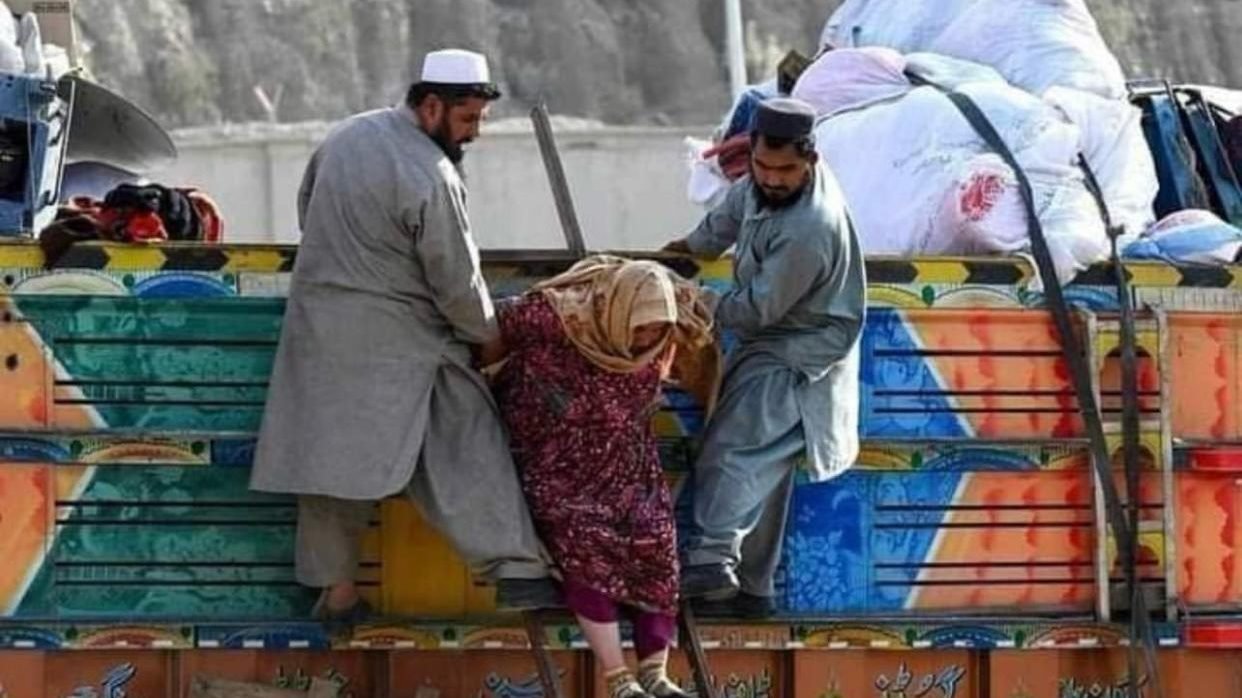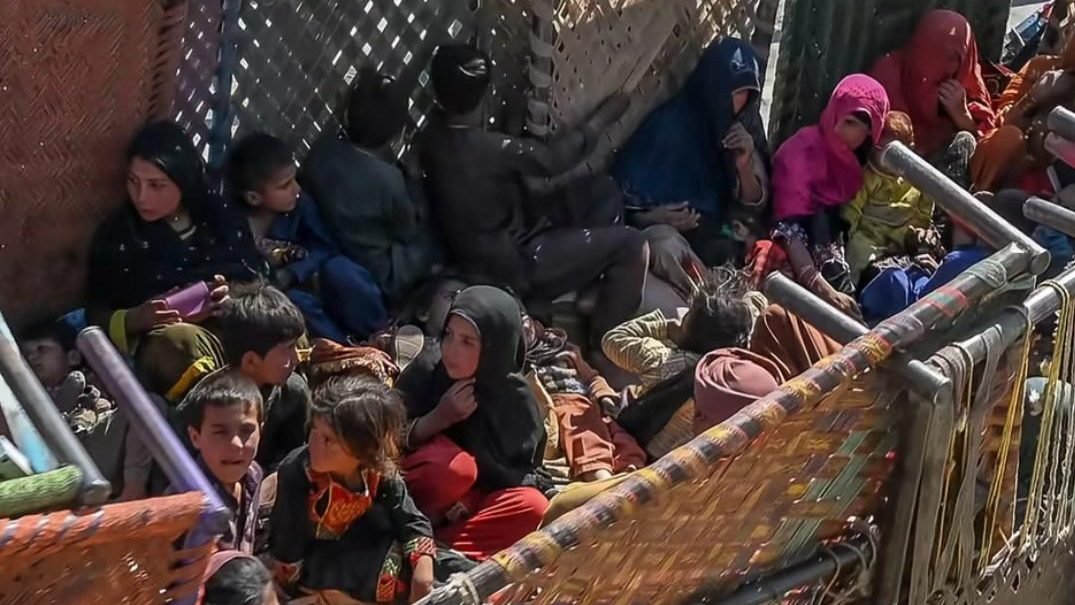“I was 25 when I fled to Pakistan during the civil war. My entire family was killed in a series of rocket attacks. I escaped alone. Today, thank God, I have five children.”

At precisely 7:00 a.m., Ahmad Khan, a 65-year-old Afghan migrant worker, begins his day on a construction site where he and four fellow Afghans are building a protective wall around a residential complex on the outskirts of Rawalpindi, Pakistan. Though his hands are busy with brick and mortar, his mind often drifts to the uncertainty that shadows his future.
“I was 25 when I fled to Pakistan during the civil war,” he says, pausing to wipe the sweat from his graying beard. “My entire family was killed in a series of rocket attacks. I escaped alone. Today, thank God, I have five children.”
Ahmad Khan supports a family of six—his wife, two daughters, and three sons—through daily labor in Pakistan’s informal construction sector. Like many Afghan refugees and undocumented migrants, he lives with a constant sense of insecurity and fear, following the Pakistani government’s decision to deport hundreds of thousands of Afghan refugees in April.
Islamabad aims to expel 800,000 Afghans in the second phase of a campaign that has already removed a similar number since 2023.
He refuses to be photographed, citing concerns over harassment by local authorities. “If they see my photo, they will hunt me down,” he says, referring to frequent reports of police crackdowns on undocumented Afghan nationals.
Returning to Afghanistan, he insists, is not an option. “I don’t even have a meter of land to live on back home. There is no work, only hardship. That’s why all the youth are leaving for Pakistan and Iran.”
Over 24,000 Afghans have left since April 1, with more than 10,000 deported, according to the UN. In cities like Karachi and Peshawar, police raids and public warnings have prompted many to leave voluntarily.

Human Rights Watch has criticized Pakistan’s tactics, warning of persecution and hardship awaiting returnees in Afghanistan.
“The Pakistan government is pushing forward with its plans to arbitrarily and forcibly expel Afghan nationals, including refugees and asylum seekers, as part of the opaque ‘Illegal Foreigners Repatriation Plan,’ which adds to the plight of at-risk Afghans. Between September 2023 and February 2025, at least 844,499 Afghan nationals have been forced to return to Afghanistan, where they are at real risk of human rights violations by the Taliban amid a worsening humanitarian crisis,” Amnesty International wrote on its website on April 4, 2025.
With no clear path to legal status and limited rights in host countries, Ahmad Khan’s story reflects the broader struggles of countless Afghan families who have been displaced by decades of war, economic collapse, and political instability.



Leave a Reply